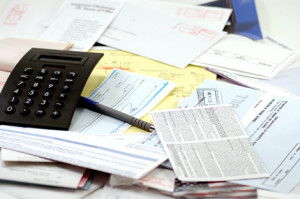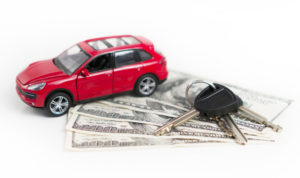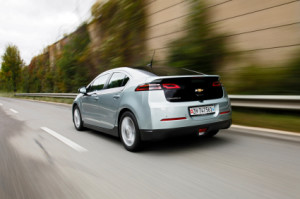 Today’s top story: New ways to get more for your old car. Also in the news: How the pros ride market volatility – and why you shouldn’t, if your travel plans are up in the air should you cancel your rewards card, and how the new eviction ban may impact you.
Today’s top story: New ways to get more for your old car. Also in the news: How the pros ride market volatility – and why you shouldn’t, if your travel plans are up in the air should you cancel your rewards card, and how the new eviction ban may impact you.
New Ways to Get More for Your Old Car
Online buyers make offers in minutes — a safety net for car shoppers wondering what their trade-in is really worth.
How the Pros Ride Market Volatility — and Why You Shouldn’t
Professionals try to harness the spikes and slumps, but most investors should stick with diversification.
If your travel plans are up in the air should you cancel your rewards card?
Not so fast.
How the new eviction ban may impact you
A new reprieve.
 Today’s top story: IRS Data shows agency, filers slow down. Also in the news: How to ask your bank or lender for help, how to protect your health with a clean car, and what to do if you get a bill for your Coronavirus test.
Today’s top story: IRS Data shows agency, filers slow down. Also in the news: How to ask your bank or lender for help, how to protect your health with a clean car, and what to do if you get a bill for your Coronavirus test. Today’s top story: Don’t let your Coronavirus relief check disappear into your debts. Also in the news: How to make your car last 200,000 miles, what kind of credit card relief you can request during the pandemic, and how to check the status of your Coronavirus relief payment.
Today’s top story: Don’t let your Coronavirus relief check disappear into your debts. Also in the news: How to make your car last 200,000 miles, what kind of credit card relief you can request during the pandemic, and how to check the status of your Coronavirus relief payment.  Today’s top story: 7 tactics to help car-buying newbies bargain like a boss. Also in the news: 5 ways to save energy during the dog days of summer, what you need to know about buying a house in 2018, and how a freelancer turned dog sitting into a successful side gig.
Today’s top story: 7 tactics to help car-buying newbies bargain like a boss. Also in the news: 5 ways to save energy during the dog days of summer, what you need to know about buying a house in 2018, and how a freelancer turned dog sitting into a successful side gig.